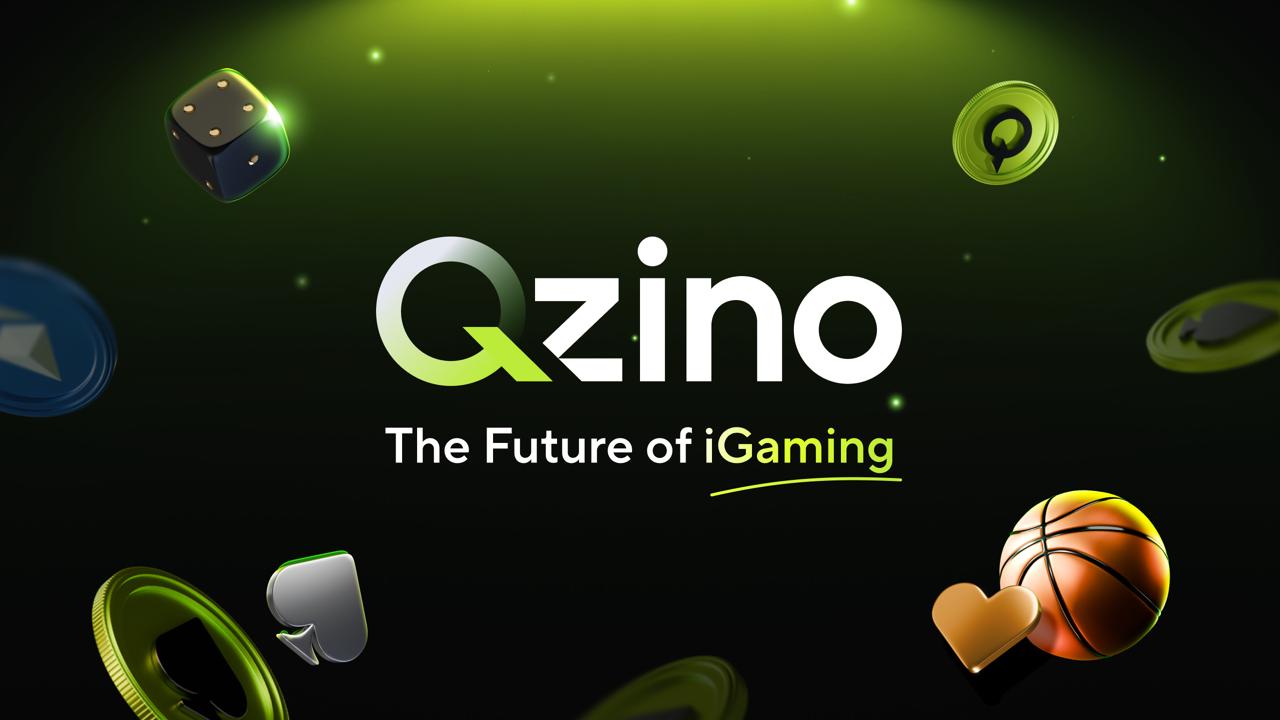The intersection of artificial intelligence (AI) and iGaming is driving a wave of innovation, reshaping how players engage with online gaming platforms. Recent announcements reveal a dynamic market eager to merge AI’s predictive power, blockchain’s transparency, and novel revenue-sharing models, creating a new ecosystem that enhances user involvement and profitability. Exploring these developments reveals how AI and profit-sharing mechanisms are transforming the iGaming landscape.
AI Integration in iGaming: Enhancing Player Experience and Platform Efficiency
The utilization of AI technologies in iGaming platforms is rapidly advancing beyond basic automation and fraud detection. Platforms like Qzino and XGENIA exemplify this shift by embedding AI to tailor gaming experiences, improve odds calculation, and optimize user retention through personalized content. Qzino’s innovative platform leverages AI to not only boost game mechanics but to overhaul the economic structure by sharing 50% of platform revenues with token holders, turning casual gamers into stakeholders within the ecosystem.
AI’s role in iGaming extends beyond personalization. It enhances game design by analyzing player behavior to create more engaging and challenging experiences. For instance, AI algorithms can dynamically adjust game difficulty based on a player’s skill level, ensuring a balanced and enjoyable experience. This adaptive approach not only increases player satisfaction but also encourages longer play sessions, benefiting both the platform and the players.
XGENIA’s ambitious entry into the AI and iGaming space underlines a similar commitment. Founded by industry veterans, its AI-driven approach targets both casino and sports betting verticals to deliver predictive analytics and real-time decision support tools that elevate gameplay sophistication and fairness. By integrating AI, XGENIA aims to provide a more transparent and equitable gaming environment, where players can make informed decisions based on data-driven insights.
Profit Sharing Models: Redefining User Roles from Players to Participants
One of the most revolutionary aspects emerging in new iGaming platforms is the shift towards profit-sharing frameworks. Qzino’s model is particularly noteworthy: distributing half of the platform’s revenues to token holders integrates financial incentives directly with user engagement. This not only motivates players to contribute to the platform’s growth and security but also aligns their interests with that of the platform, fostering loyalty and sustained activity.
This approach challenges traditional revenue models where profits predominantly go to the house. By sharing success, platforms cultivate vibrant communities that can influence governance, developmental direction, and marketing, creating a decentralized ecosystem fortified by user advocacy. For example, token holders may have voting rights on platform upgrades or new game features, ensuring that the community’s voice is heard and valued.
Moreover, profit-sharing models can attract a broader audience by offering tangible financial benefits. Players who might have been hesitant to engage with traditional iGaming platforms may be more inclined to participate when they see a direct return on their investment. This can lead to increased user acquisition and retention, as players feel a sense of ownership and investment in the platform’s success.
Blockchain and Cryptocurrency: Building Transparency and Trust
The infusion of blockchain technology underpins many innovations, providing transparency in profit distribution and game fairness. Crypto-casino platforms like Qzino rely on blockchain to securely manage token transactions and smart contract executions that automate profit-sharing processes, reducing administrative overhead and increasing trustworthiness.
Blockchain’s decentralized nature ensures that all transactions are recorded on an immutable ledger, providing a high level of transparency and security. This is particularly important in the iGaming industry, where trust is paramount. Players can verify the fairness of games and the accuracy of payouts, knowing that the blockchain records cannot be altered or manipulated.
Moreover, these technologies enable seamless integration with popular crypto assets such as Bitcoin, making platforms accessible to the global audience increasingly favoring digital currencies. The adoption of crypto also facilitates fast, low-cost cross-border payments and introduces anonymity and privacy protections that traditional casinos cannot match. This is especially beneficial for players in regions with restrictive gambling laws, as they can participate in iGaming platforms without compromising their privacy.
Emerging Market Strategies and Regional Innovations
Recent launches focus on regional targeting and creator-led markets, as seen with PredicXion’s AI-powered prediction market tailored for the Asia-Pacific region. These platforms leverage local insights while deploying AI to curate predictive outcomes and betting options that resonate culturally and economically with their user base.
Moreover, companies are expanding their footprints by developing multichannel deployments — for instance, mini-apps within Telegram environments — lowering entry barriers and enhancing accessibility on familiar social platforms. This strategy accommodates growing mobile user bases and the increasing preference for micro-engagements. By integrating iGaming platforms into popular social media channels, companies can reach a wider audience and provide a more convenient gaming experience.
Challenges and Considerations
Despite promising advancements, the integration of AI and profit-sharing in iGaming carries challenges. Regulatory scrutiny is intensifying worldwide, with authorities scrutinizing fairness, anti-money laundering compliance, and responsible gaming safeguards. Platforms must navigate complex legal environments, continuously adapting AI tools to uphold ethical standards and player protections.
Additionally, balancing profit-sharing with platform sustainability is critical; while distributing revenue benefits users, platforms must ensure sufficient capital for development, marketing, and operational costs to maintain long-term viability. This requires careful financial planning and strategic investments to ensure that the platform can continue to innovate and grow while meeting its financial obligations.
Conclusion
The fusion of AI, blockchain, and innovative economic models signals a fundamental transformation in iGaming. Platforms like Qzino and XGENIA showcase how AI can power adaptive gaming experiences while redefining players as active participants through profit-sharing. This enhances player engagement, drives growth, and fosters transparent, community-driven ecosystems.
Looking forward, these trends suggest a future where online gaming is not just entertainment but a collaborative, financially participative venture. Success will hinge on technological sophistication balanced with regulatory compliance and user trust. Those platforms able to master this blend are poised to lead the next generation of iGaming evolution, creating deeply immersive, equitable, and rewarding environments for players worldwide.











